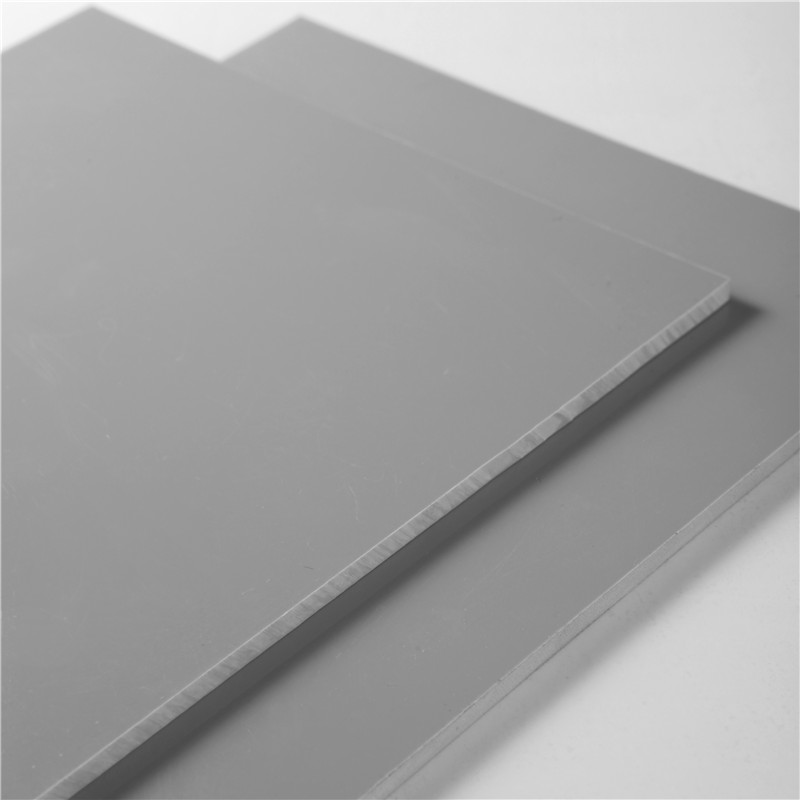Nov . 02, 2024 05:19 Back to list
pvc pipe to drip irrigation
PVC Pipe for Drip Irrigation
Drip irrigation has emerged as one of the most efficient methods for watering plants, allowing farmers and gardeners to deliver water directly to the root zone of their crops. This method conserves water, reduces evaporation, and minimizes weed growth. One of the most popular materials used in the construction of drip irrigation systems is PVC (polyvinyl chloride) pipe. This article explores the benefits, applications, and installation of PVC pipe in drip irrigation.
Benefits of PVC Pipes in Drip Irrigation
PVC pipes offer several advantages that make them an ideal choice for drip irrigation systems. Firstly, they are durable and resistant to corrosion, which ensures a long lifespan in various environmental conditions. This characteristic is particularly crucial in agricultural settings where exposure to water, fertilizers, and other chemicals can degrade lesser materials.
Moreover, PVC pipes are lightweight, making them easy to handle and transport. This feature not only simplifies the installation process but also reduces labor costs. Additionally, PVC is non-toxic and safe for carrying water, ensuring that there is no contamination of the water supply.
The affordability of PVC pipes is another significant benefit. Compared to other materials like metal or traditional polyethylene, PVC pipes are more cost-effective, making them accessible for small-scale farmers and large agricultural enterprises alike. Their affordability does not compromise quality, as they can withstand a considerable amount of pressure, making them suitable for various irrigation needs.
Applications of PVC Pipes in Drip Irrigation
pvc pipe to drip irrigation

PVC pipes can be utilized in a myriad of applications when it comes to drip irrigation. They are commonly used as mainlines and submainlines that distribute water from a source to various fields or garden beds. By using a system of PVC pipes, farmers can efficiently manage water distribution, ensuring that each plant receives its required amount of moisture.
Furthermore, PVC pipes are ideal for the construction of drip laterals, which carry water directly to the root zone of plants through emitters. These emitters can be installed at various intervals along the lateral line, allowing for customized watering based on the specific needs of different crops.
Many farmers have also discovered the advantage of using PVC pipes for rainwater harvesting systems. By connecting rain gutters to PVC pipes, they can collect and store water for irrigation during dry spells, further enhancing their water efficiency.
Installation Considerations
Installing a PVC drip irrigation system requires careful planning to maximize efficiency. First, farmers need to assess their water source and determine the layout of the piping system. Proper selection of pipe diameter and emitter spacing is vital for ensuring uniform water distribution.
When installing PVC pipes, it’s important to use appropriate fittings and connectors to prevent leaks and ensure a secure system. Regular maintenance checks should also be carried out to identify and remedy any blockages or leaks that may arise over time.
In conclusion, PVC pipes are a crucial component in modern drip irrigation systems. Their durability, affordability, and versatility make them a favorite choice among agricultural producers. As water scarcity becomes an increasing concern globally, implementing efficient irrigation practices using materials like PVC is essential for sustainable agriculture. By utilizing PVC pipes, farmers can enhance their productivity while conserving precious water resources, paving the way for a greener future in farming.
-
Premium Wireless Headphones: Noise Cancelling & Long Battery | Order Now
NewsJul.21,2025
-
High-Quality PPR Pipes and Fittings Durable ERA PPR & PVC PPR Solutions
NewsJul.08,2025
-
Black HDPE Cutting Board - Durable, Non-Porous & Food Safe HDPE Plastic Cutting Board
NewsJul.08,2025
-
High-Quality CPVC Panel Durable HDPE & PVC Panels Supplier
NewsJul.08,2025
-
Double PE Welding Rod Supplier - High Strength, Durable & Versatile Welding Solutions
NewsJul.07,2025
-
High-Quality PVC-O Pipe Supplier Durable 75mm PVC Pipe & Connections Leading PVC Pipe Company
NewsJul.07,2025

